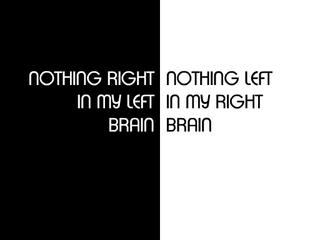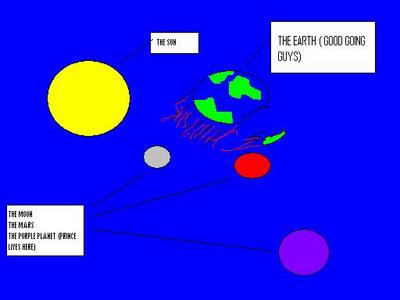"A race is a population of humans distinguished from other populations. The most widely used racial categories are based on visible traits (especially skin color and facial features). Conceptions of race, as well as specific racial groupings, vary by culture and time and are often controversial due to their impact on social identity hence identity politics."
The idea of race is one that separates human from human. It is one of the basic building blocks of ethnocentrism, prejudice and hatred. One does not conceive this notion yet when you look deep into this biological classification. Does this truly call any one to universal brotherhood? Does this term identify by color or features the depth in which the society's or populations reach?

In the animal world we classify bugs by color because their color is a key piece of their survival against predators in nature. The Green Lacewings green to blend into the environment enabling t
 hem to survive.
hem to survive.If we take this same example do Asian people need their yellow skin tone in order to survive in the human population? Are they forced in some way to hide near the Juno Iris for protection against hunter-gather humans?
The whole concept of race takes the validity away from the individual or collective culture. It is true that the reason for the slanted eyes was based on environmental protection for the eyes against the extreme cold. It’s true that the pigments of blacks are darker in order to keep them from overexposure to the sun. However, in either of these cases does that determine personality, class, intelligence?
The answer is no, so please identify me and others as a human. I am not black, nor white, nor Asian; these terms have no meaning in my personal, ideological, intellectual makeup. If one man does badly regardless of color, I am affected because we are both human. I feel no need to separate myself from them by the race variable. If a man is ignorant then he is an ignorant man. I want to be defined by my actions and my qualities not my color. If we thought of everyone as human and each person were based on their qualities and not color, our collective perception would rise from this ethnocentric state. Idealy we would think of humanity over physical constructs, and progress into a brighter future Insh'Allah( God Willing).
The information about the skin color of Blacks of the Asians were found on some audio lectures by Shaykh Nuh Keller, he answered some questions concerning science and religion. It is something any man can reflect on here is the link:
Shaykh Nuh Keller - Home Page




